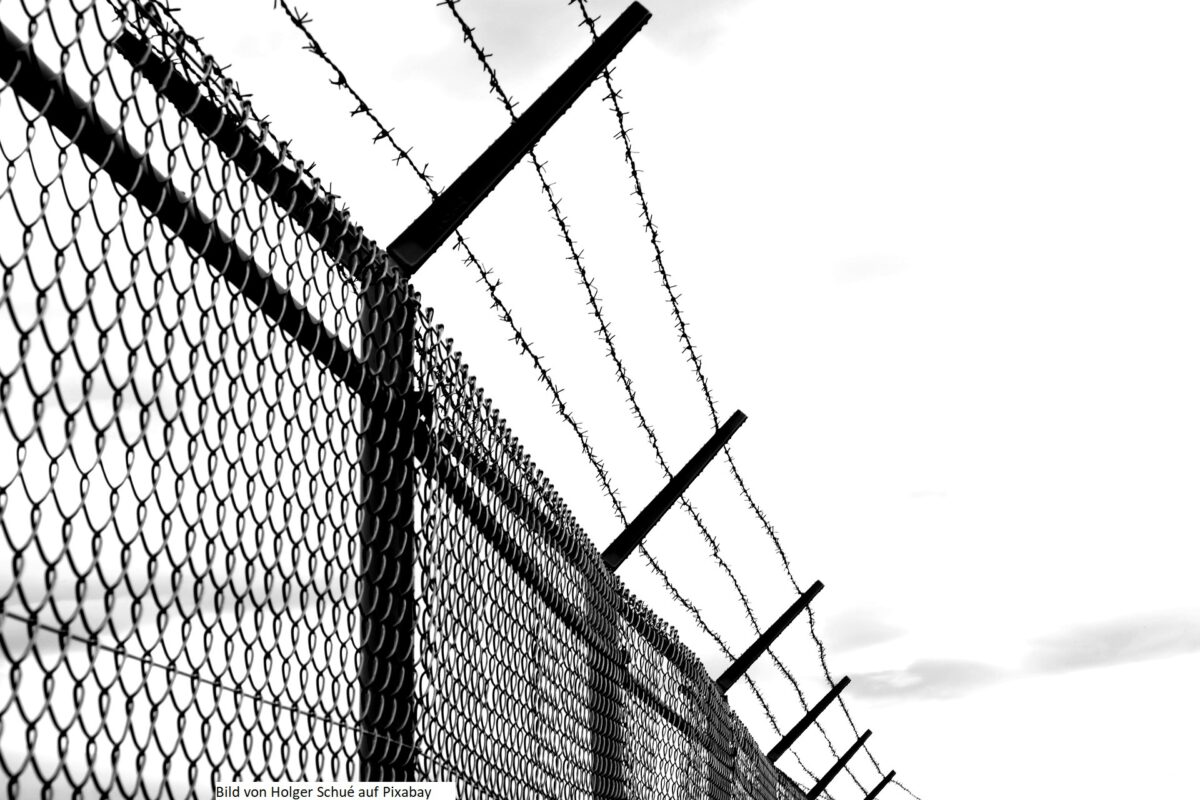Question: Arrest of Dutch journalist Ingeborg Beugel

The Journalist Ingeborg Beugel was arrested on the Greek island of Hydra in early June for harboring a young Afghan. If convicted, she faces up to a year in prison. She says that the accusations against her are unjustified and that the young man is a refugee and not an illegal migrant. The two MEPs Dietmar Köster and Rosa D'Amato have written the following question on this, which I have also signed and supported. These and other questions can be found in full on the homepage of the European Parliament.
Question to the Commission
Directive 2002/90/EC, which defines the offence of facilitating the unauthorised residence of foreign nationals in the territory of a Member State, provides for penalties to be imposed where a person intentionally facilitates the unauthorised residence of another person for financial gain.
The Union institutions have deliberately distinguished smuggling from acts of active solidarity by members of civil society, which are not only without consequences for the legal procedures for examining asylum applications, but also actually facilitate administrative activities relating to refugees.
On 13 June 2021, a Dutch journalist reporting on refugee flows was arrested in Greece under Article 29(6) of Law 4251/2014 for providing refuge to an Afghan refugee, despite the fact that the procedure concerning the refugee's lawful stay had not yet been completed. She now faces imprisonment, although it does not appear - nor does it appear from the indictment - that her intention was to profit from hosting the refugee in her home.
In view of the above, would the Commission answer the following question:
What measures will the Commission take to ensure that acts of active solidarity are not disapproved of and repressed by Member States, particularly as these acts differ substantially from those described in Directive 2002/90/EC?
Commission's reply
The Commission has assessed the implementation of Council Directive 2002/90/EC of 28 November 2002 defining the facilitation of unauthorised entry, transit and residence, including an evaluation on this basis. The Commission will continue to monitor the implementation of the Directive and verify the conformity of national legislation with the EU legal framework. Under the Treaties, the Commission has no specific powers to investigate individual cases. In line with its general policy on infringements, the Commission focuses enforcement actions primarily on cases where there appears to be a systematic breach of EU law. It is the responsibility of national authorities to investigate and prosecute cases related to facilitation of irregular stay.
In addition, the Commission's guidelines on the application of the above-mentioned Directive invite Member States to also make use of the possibility to distinguish between acts committed for the purpose of humanitarian assistance and acts committed to facilitate irregular entry or transit, in order to exempt the former acts from criminalisation. The Commission will continue to monitor the implementation of EU legislation to ensure that proportionate, effective and dissuasive criminal sanctions are introduced, while avoiding the potential criminalisation of those providing humanitarian assistance to migrants in distress.